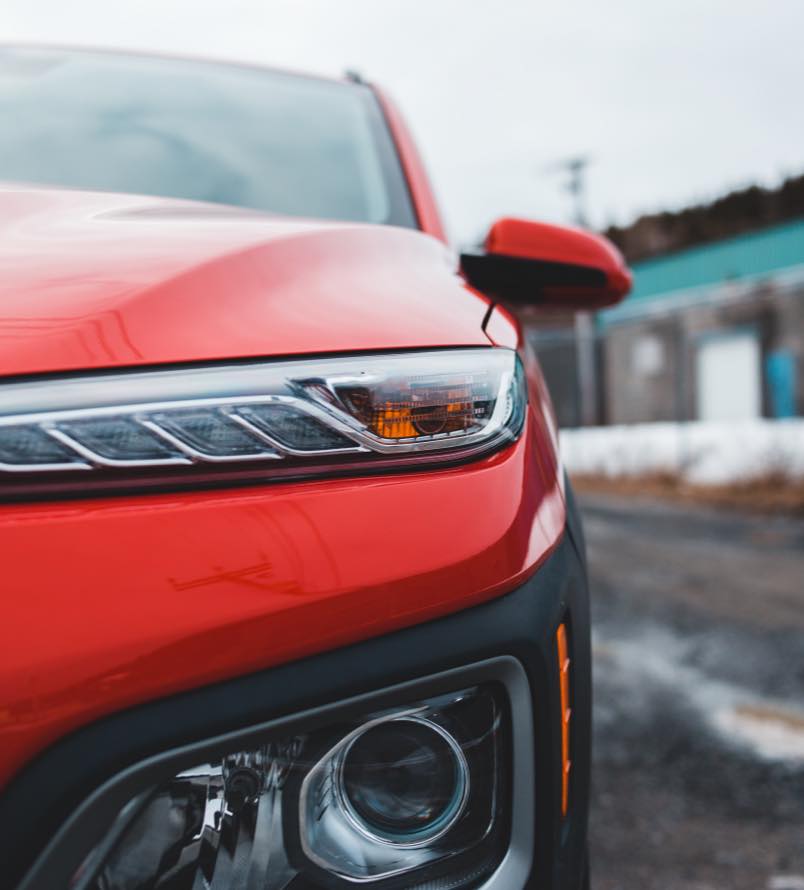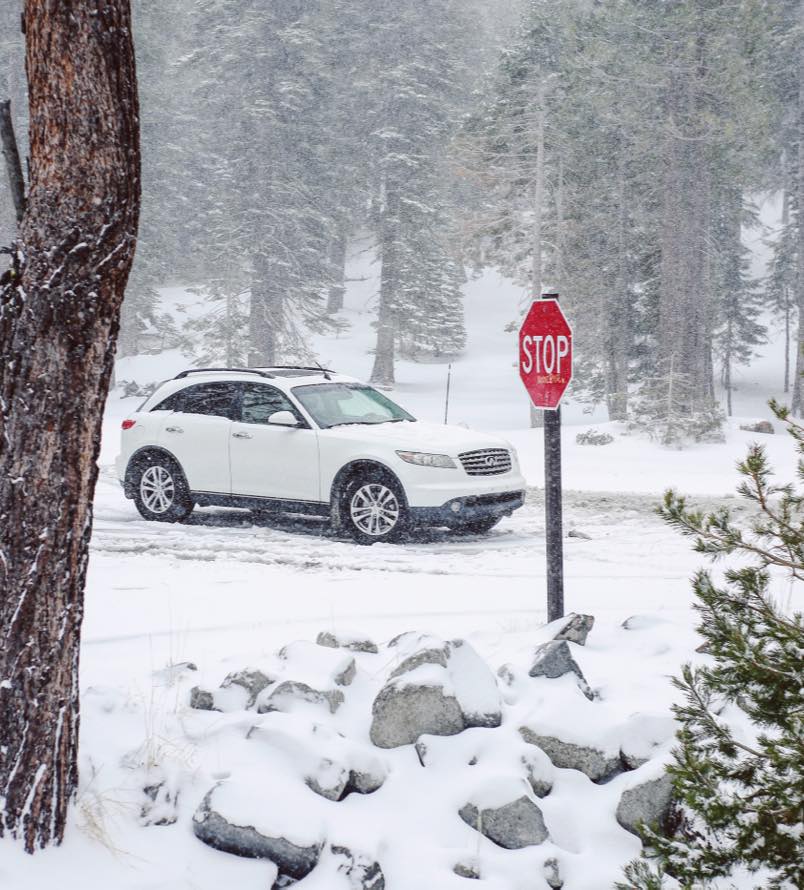A popular belief among car owners is that they need to let their car warm-up for several minutes before setting out on their drive. The idea behind this is to let the car’s engine get up to temperature by running idle for a few minutes, all to protect the engine’s longevity and performance. The reality of things, however, are different. Idling your car for a few minutes wastes not only your time but also wastes valuable fuel.
It’s advice from the carburetor age!
Whoever told you that you need to idle your car on a cold morning to “heat things up,” could be stuck in a bit of a time warp. Before 1980, most cars had carburetors, and these engines did need to warm up in the winter. Why? Carburetors regulated the air-fuel mixture within the engine and could not accurately adjust the air to fuel ratio in cold weather.
Electric Fuel Injection Systems
Nowadays, practically every car sold in America has an electric fuel injection system that helps maintain the perfect air-fuel mixture needed for a combustion event, no matter the ambient temperature. Ergo, warming up the car before driving on a cold day has become a thing of the past. The sensors in your car’s electronic fuel injection system are regulating the air-fuel mixture in real time, regardless of the temperature outside.
Reasons to Avoid Idling in Winter
It Causes Engine Damage: Wondering why your check engine light is on? Could be due to engine damage from idling in the winter. “Idling your car in the cold not only wastes fuel, but it’s also stripping oil from critical components that help your engine run, namely cylinders and pistons,” says Stephen Ciatti, a mechanical engineer who oversees the combustion engine work at Argonne National Laboratory in Illinois. Less oil means more friction, more wear and tear, and a shorter life for your engine.
“The service and auto expertise here is unparalleled. I look for honesty and service at a car shop and this place delivers consistently. "
Since the 1980s, car manufacturers moved away from using carburetors to a more advanced system – the electric fuel injectors. As such, the car is fitted with sensors that measure the outdoor ambient temperature. This system allows the electric fuel injector to adjust the air-fuel mixture to account for the cold weather.
Typically, an electric fuel injector will create a fuel-rich air-fuel mixture by releasing more gasoline, compensating for low evaporations levels.


Why Many People Think Idling Cars During Winter Is Paramount
Internal combustion engines run by mixing gasoline with air within the engine’s cylinders. Once the air-fuel mixture is compressed, the mixture is ignited by the spark plug, which moves the pistons. In the years past, specifically before the 1980s, a carburetor controlled the mixing of fuel and air. One shortcoming of the carburetor was its inability to control the fuel in the air-fuel mixture precisely.
This system allows the electric fuel injector to adjust the air-fuel mixture to account for the cold weather.
Typically, an electric fuel injector will create a fuel-rich air-fuel mixture by releasing more gasoline, compensating for low evaporations levels.
With this in mind, when you idle your car, you are burning more fuel with little to no benefit.
When do you need repair?
The mechanical parts of the alternator are sealed, but the sitting water can damage it as the lubricator wears away. Repeated exposure to water can cause damage to the brushes by the electrical arc and wear out. Early detection is always better. Check your dashboard signals while you drive, if the ignition is on it will show a battery light on your car dashboard. This means you need to look at it quickly. Likewise, inoperative plates in the car can be the reason for battery failure.
